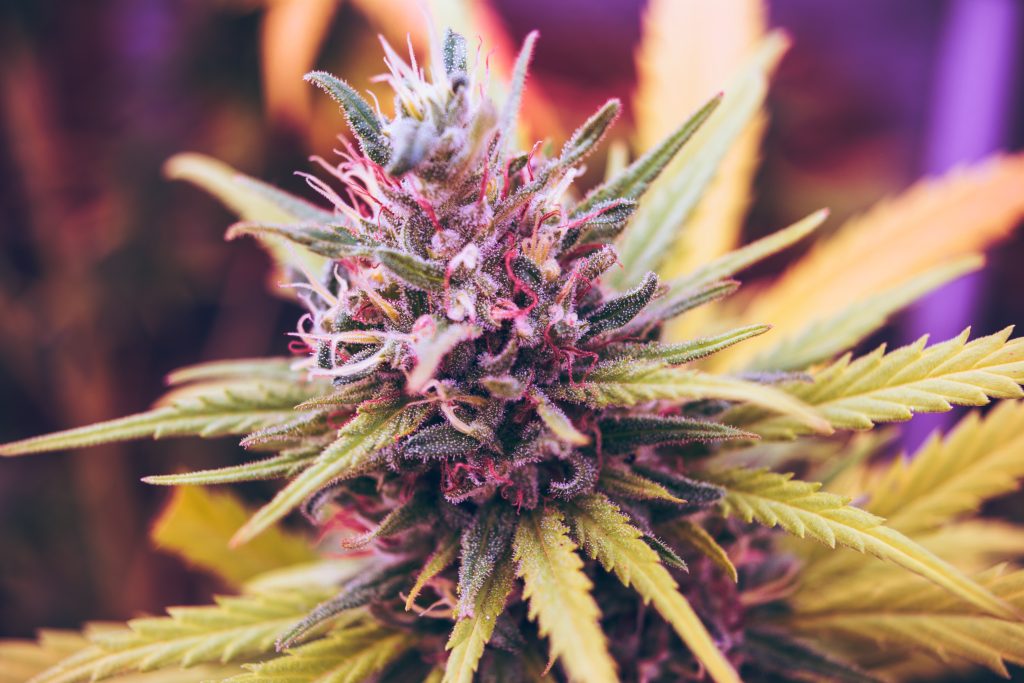Texas, known for its conservative stance on various issues, has historically maintained stringent regulations concerning marijuana. However, recent years have witnessed shifts in certain aspects of the state’s approach to cannabis, particularly in relation to hemp, CBD, and medical marijuana. This article provides an overview of the current legal landscape in Texas, encompassing recreational marijuana, hemp and CBD, medical marijuana, decriminalization efforts, and the evolving nature of cannabis-related legislation.
Recreational Marijuana
Legal Status: As of now, recreational marijuana remains illegal in Texas. The state imposes varying penalties based on the amount possessed, with stricter consequences for larger quantities. Despite evolving attitudes toward cannabis at the national level, Texas continues to uphold its conservative stance on recreational use.
Read more:
- Senate Bill 17 Outlaws Diversity Offices in Public Universities
- DOJ Threatens Action Against Texas’ New Immigration Law
- Gov. DeWine Signs Law Against External EV Mandates

Public Opinion vs. Legal Reality: While public opinion on marijuana has shifted toward greater acceptance, especially for recreational use, the legal reality in Texas remains steadfast. This disjunction between public sentiment and legal restrictions raises questions about the potential for future legislative changes.
Hemp and CBD
2019 Legalization of Hemp: In 2019, Texas took a notable step by legalizing hemp, differentiating it from marijuana based on its lower THC content. This legislative move aligns with the federal legalization of hemp through the 2018 Farm Bill.
Legal Distinction: The key legal distinction lies in the THC content. Hemp, defined as cannabis with a THC concentration of 0.3% or less, is legal in Texas. Marijuana, on the other hand, contains higher THC levels and remains subject to stringent regulations.
Legal Status of CBD Derived from Hemp: CBD derived from hemp is legal in Texas, provided it conforms to the defined THC threshold. This has led to an influx of CBD products in the market, ranging from oils to edibles.
Medical Marijuana
Limited Medical Marijuana Program: Texas has established a medical marijuana program, albeit with restrictions. The program is limited in scope, with qualifying conditions and constraints on THC content in medical cannabis products.
Qualifying Conditions: Patients suffering from specific medical conditions, such as epilepsy, multiple sclerosis, and terminal cancer, may qualify for the medical marijuana program. The stringent criteria limit broader access to medical cannabis.
Legal Acquisition: Medical marijuana in Texas can only be acquired through state-licensed dispensaries. This controlled distribution ensures adherence to regulatory guidelines.
Decriminalization Efforts
Legislative Attempts: Over recent years, there have been legislative attempts to decriminalize small amounts of marijuana in Texas. However, these efforts have not resulted in comprehensive changes to the state’s marijuana laws.
Growing Public Support: Despite the challenges in legislative progress, there is a noticeable increase in public support for marijuana decriminalization and, in some cases, outright legalization. This shift in public sentiment may influence future legislative initiatives.
Potential Impact of Federal Legislation: Federal legislation, such as potential changes to marijuana’s status at the national level, could have implications for Texas. Monitoring developments at the federal level becomes crucial in understanding the broader context of marijuana laws.
The marijuana legal landscape in Texas is evolving, marked by incremental changes in laws related to hemp, CBD, and medical marijuana. While recreational use remains illegal, the distinction between hemp and marijuana, the legalization of hemp, and the establishment of a medical marijuana program showcase a nuanced approach.
Staying informed and compliant with the current regulations is crucial for individuals and businesses navigating the complexities of Texas’ marijuana laws. As public opinion continues to shift, the state may find itself at the crossroads of adapting its approach to align with changing attitudes toward cannabis. The evolving nature of marijuana laws underscores the importance of ongoing awareness and engagement in the discourse surrounding cannabis in Texas.

